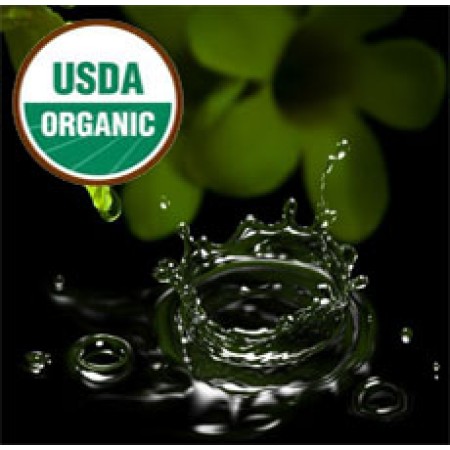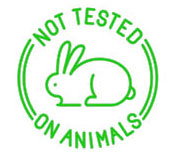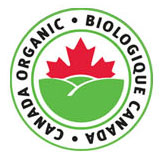Glycerine ORGANIC
Product Name: Glycerine ORGANIC
Botanic Name: Glycerine Organic
Glycerine-Organic is a natural product derived from organic vegetable oils. This refined oil is colourless and odourless with a slightly sweet taste. Glycerine is a relatively viscous oil used in various industries with the number of applications to vast to count. Its natural properties will bring smoothness and provide lubrication while acting as a humectant. In the food industry it is often used as a solvent, sweetener and is GMO and allergen-free, and is Kosher. Glycerine is colourless and odourless, having a slight viscosity and sweet taste. It is a viscous humectant liquid used as an agent in cosmetics, toothpaste, shampoos, soaps, herbal remedies, pharmaceuticals, and other household items. It is invaluable as a natural-source ingredient with emollient properties that can soften and soothe the skin. Because it is a humectant, it assists the epidermis in retaining moisture. It is soluble in both water and alcohol; this versatility is a major factor in its popularity in manufacturing. Vegetable Glycerine is the result of a sophisticated extraction method called hydrolysis, with the final product being referred to as vegetable glycerine. This system is based on the fats and oils of a raw product (typically palm or coconut) that are then split into crude glycerol fats, under the combined action of water, temperature and pressure. These temperatures can exceed 400° degrees and the material is usually kept under pressure for 20-30 minutes. What is actually occurring is a sort of counter-flow where the water absorbs glycerol from the fatty-acid phase of the oil production. After this phase this glycerol is isolated and further distilled to result in a standard 99%-pure glycerine product.














